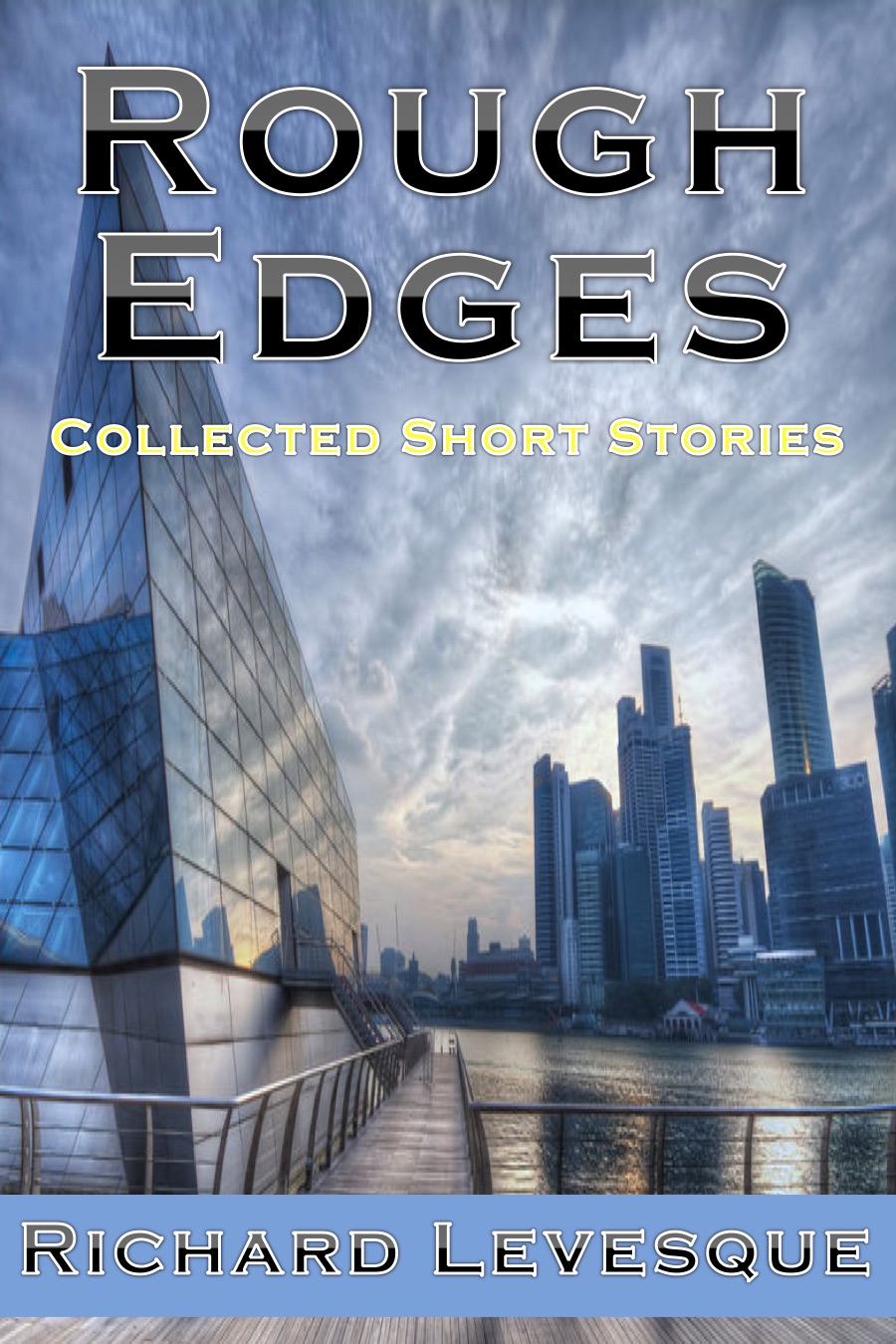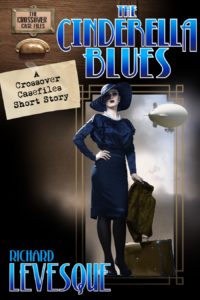With Apologies to Harlan Ellison

Ansel Adams, Manzanar Free Pres
A couple of weeks back, I assigned Harlan Ellison’s “‘Repent, Harlequin,’ Said the Ticktockman” in my Science Fiction class. As I was getting ready for class, I pulled up a couple of clips from Erik Nelson’s brilliant Ellison documentary, Dreams with Sharp Teeth, just to give my students a better sense of the writer. The trailer for the film serves as a nice introduction and, on a side note, I’d recommend the film for anyone interested in writing and writers, not in any way limited to fans of Ellison or Science Fiction in general.
I ended up showing my students the trailer and a clip from the 1960s of Ellison speaking at the Center for Science Fiction Studies in Lawrence, Kansas with James Gunn and some students. It’s an interesting piece filled with period-appropriate idealism about SF and its potential for getting social messages out to the masses.
One of the other sections of the Nelson documentary that I ran across on YouTube, however, got me thinking about other things…namely, giving away the things I write. In this segment, titled “Pay the Writer,” Ellison describes a call from Warner Brothers in which he was asked his permission to use some of his material in a planned DVD package. He was ready to give his consent until he found out that he would not be paid, at which point the author explains that Warner Brothers had no right to expect him to give his work away. He insists that writers should be paid and is upset that so many people expect writers to work for free. Part of the blame, he claims, falls on writers who do give away what they’ve written, thus leading to a culture in which such freebies become the norm and writers are expected to produce in exchange for nothing–or for nothing more than praise. The writers guilty of this practice, he calls “Amateurs.”
Author: Komancher
This struck a chord with me, as my last blog post was on the creation of funnels, or loss leaders: a free sample of one’s work that is intended to pull readers in, hooking them on the work of a writer they otherwise might not have taken a chance on and leading them to purchase the writer’s subsequent works.
There is a lot of evidence to show that this marketing strategy works, and I’ve been working on building a funnel around my free short story, “Walk a Mile.” Along with that, I’ve been routinely giving away books for the last two years, every couple of months running a promo to drum up interest in my writing.
And, as anyone who’s paying even the least bit of attention to e-publishing and the indie author movement already knows, I’m not the only one. Thousands of writers are giving away millions of books every year in the hope of building a fan base.
I wonder what Harlan Ellison would say. Actually, I’m pretty sure what he’d say, and my guess is it wouldn’t be pretty. In his defense, there are a lot of indie authors who feel the same way, who insist that writers must be paid and who refuse on principle to give anything away.
Are we amateurs, those of us who give our books away? Compared to someone like Ellison, I would definitely call myself an amateur.
But the game has changed. In the documentary, Ellison talks about being able to pound out a story in a night or two back in the 1950s, walk it into Street & Smith and sell it for enough money to cover his rent for the month. Those were the days, indeed. That’s not happening today.
Has the e-book revolution created a culture in which readers expect FREE! from writers? Maybe. Are those of us willing to give our books away either as promotions or as the mouths of our funnel contributing to this culture? Probably.
The thing is, I’ve tried it the other way, tried going through agents and editors and other gatekeepers, and it got me nowhere. I could have pushed on, kept going the traditional route, but my work is a little quirky, and no one was willing to take a risk on it. And I’m not getting any younger. If I’d kept going that route, the indie movement would have rolled merrily along without me, readers finding other quirky books instead of mine. So, yes, I’m contributing to the culture of FREE!
I gave away 19,000 copies of Take Back Tomorrow at the end of February. The book had 44 reviews on Amazon at the time, mostly 4 and 5 stars. Five weeks later, it has 91 reviews, and all 47 of those new ones are 4 and 5 stars. What does that tell me? A few things: one of which is that, quirky or not, the people who find my book, read it, and bother to review it, generally like it. Some of them rave about it, others not so much. I’d like to think that if I’d been around in the 50s writing penny-a-word stories in the company of Ellison and others, I’d have been able to make my rent, too. Maybe not, but I can dream.
Dangerous as FREE! and deeply discounted e-books may be for the culture of readers, it’s where we are now. It’s beat ’em or join ’em at this point. For now, at least, I’m joining. I hope Harlan Ellison can forgive me. It’s nothing personal.
"'Repent Harlequin' said the Ticktockman" Center for Science Fiction Studies Dreams with Sharp Teeth e-books Erik Nelson Free Books Harlan Ellison Indie Author James Gunn Pay the Writer Street and Smith Take Back Tomorrow Walk a Mile Warner Brothers







2 Responses
Excellent post. Yes, the game has changed for authors and for readers. From the consumer perspective, there are so many books out there, it may be difficult to tell the quality of a book, and money is limited. Under these conditions, it’s hard to justify the cost of a book from a relatively unknown author when you can get one for free from someone else.
Personally, I like to support authors. So, I prefer to pay *something* for the books I read, though I don’t have the resources to pay what many authors really deserve for the entertainment they provide.
Excellent points. I think there are a lot of readers out there with similar feelings. I’ve had people pass up some of my free days and wait until a book was for sale again before getting a copy because they want to make sure I’m paid, and I really appreciate that. But those are often people who’ve already found me, or who know me personally. Then there are people who’ve hinted online that they’re waiting for the next free day to get my next book. Those aren’t the ones I’m trying to catch with the free days, but what’s a guy to do?
Thanks, as always, for reading.
Comments are closed.